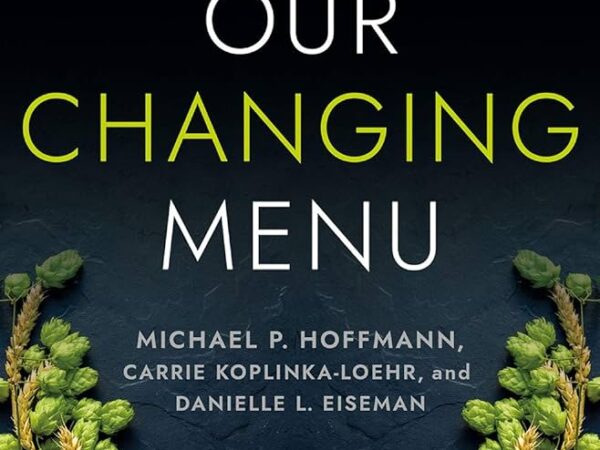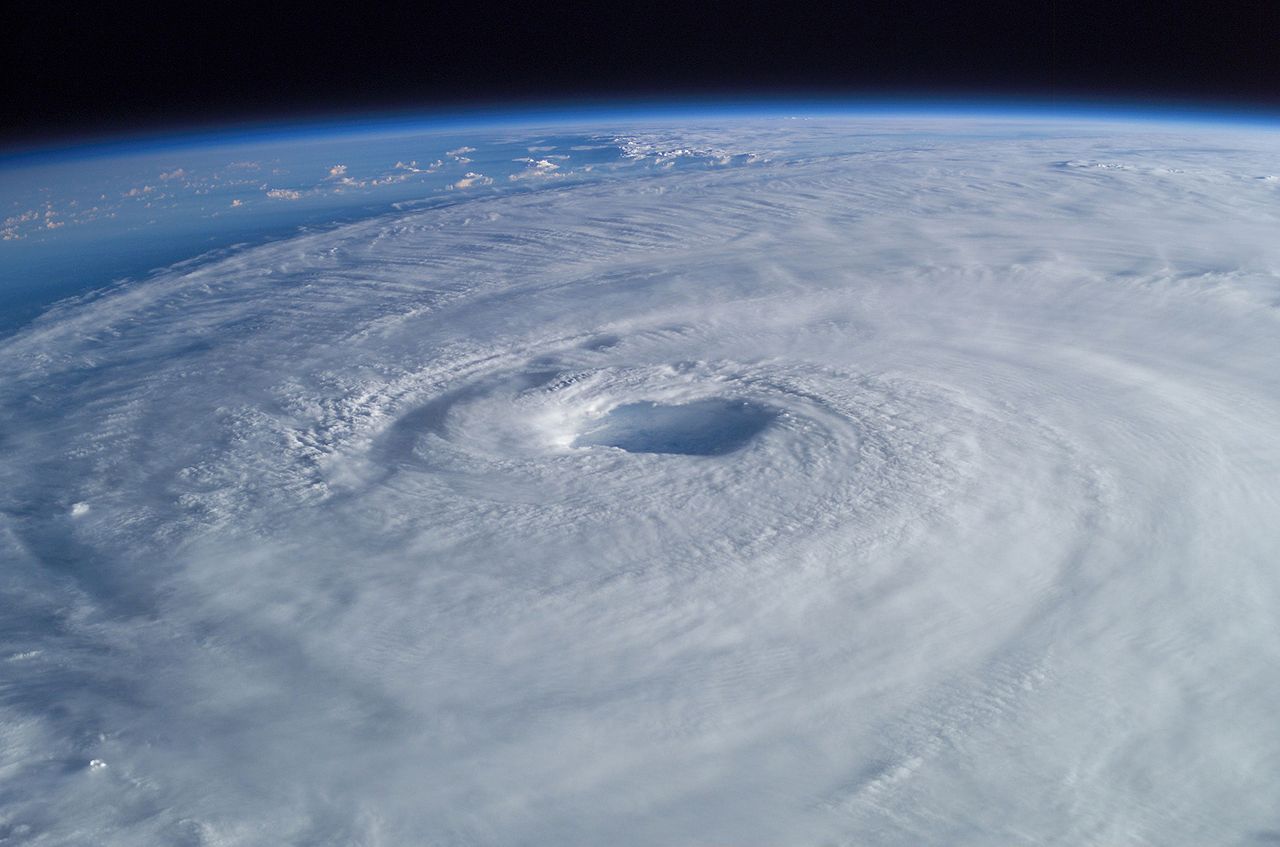
At the Climate Change Summit at Rackham Auditorium in Ann Arbor, a group of experts from across the U.S. challenged citizens to urge institutions like Universities and municipalities to commit to environmental policies that will help mitigate the effects of climate change.
One panelist, Dr. Angel Hsu, Director of Yale’s Data-Driven Environmental Solutions Group, said Yale has instituted a campus-wide carbon emissions policy and there’s no reason other campuses can’t follow suit.
Dr. Varun Sivaram, Douglas Dillon Fellow, Acting Director of the Council on Foreign Relations and Professor at Georgetown University, said “Stanford has developed its own off-campus renewable energy source.”
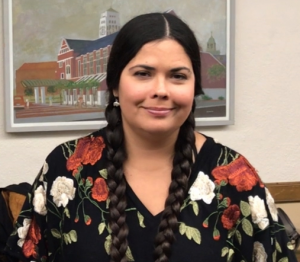
Tara Houska, Attorney and Director at Honor the Earth, courtesy of Mary Ellen Geist
Tara Houska, a citizen of the Couchiching First Nation, Attorney and Director of an organization called “Honor the Earth” said “policy makers are weighing humanity and morality against economic costs.”
Houska said students don’t realize the power they have simply from the fact that they pay tuition. She urged them to demand that colleges and universities institute policies involving renewable energy and recycling, and divest fossil fuel assets.
Another panelist, Community Manager of the Solutions Project, Sean Watkins, urged everyone to push for nothing less than 100 percent clean energy in their communities.
Kait Parker, a meteorologist with Weather.com said climate change is already putting lives in danger through flooding, hurricanes and severe storms. Parker said, ”Michigan, get ready for flooding from climate change. Mitigation can save lives.”
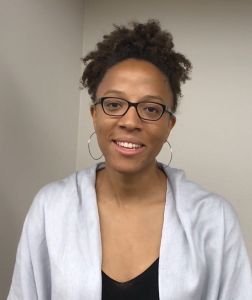
Ahmina Maxey, US & Canada Coordinator at the Global Alliance for Incinerator Alternatives, courtesy of Mary Ellen Geist
Ahmina Maxey, North American Coordinator with the Global Alliance for Incinerator Alternatives, who graduated from U of M’s Program in the Environment, started her career in Detroit, which had no curbside recycling program until recently. Maxey pushed for a city-wide recycling program that began in 2014 and is now fighting for an incinerator-free future.
Before the summit began, the University of Michigan announced it has signed the “We are Still In Pledge” and committed to supporting the Paris Climate Agreement despite the Trump administration’s announced intention to withdraw from the accord.
It’s considered an historic act of climate leadership.
U of M already has a climate sustainability program in place. The Office of Campus Sustainability serves as a focal point for sustainable campus operations, and collaborates with academic and research units, auxiliaries, and student groups to reach campus-wide Sustainability Goals. One of the goals: to reduce greenhouse gasses on campus by 25 percent by 2025. U of M’s Residential Dining is leading the effort to reduce waste on campus by 40 percent by 2025. And among other projects, the program called Planet Blue is aiming for zero waste at U of M football games.
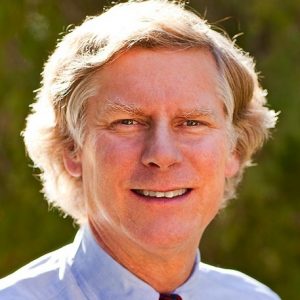
Jonathan Overpeck, Dean of the School for Environment & Sustainability at the University of Michigan, courtesy of umich.edu
The new Dean of the U-M School for Environment and Sustainability, Dr. Jonathon Overpeck, tells Great Lakes Now, “A major goal of U-M’s new cross-campus School for Environment and Sustainability is to engage much more with civic leaders, managers, other decision-makers and the public to work collaboratively on our shared climate change challenges. We will do this first and foremost in Michigan, but also across the nation and around the globe. Only by working together can we ensure both a strong future economy and high quality of life.”
Below are interviews with several of the panelists as well as a student who is involved in an organization called “Climate Blue”, a student United Nations Delegation. Tyler Fitch, a graduate student at U of M’s School for Environment and Sustainability is heading to Bonn, Germany for the 23rd Conference of Parties.



